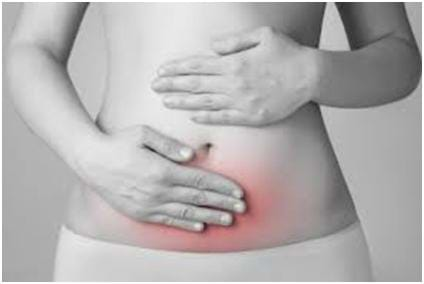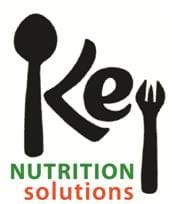Nutritionist Fumi discusses Irritable Bowel Syndrome (IBS) and the role of diet

What is IBS?
IBS stands for Irritable Bowel Syndrome. It is a condition of the digestive system, affecting one in seven Australian adults. IBS is characterised by a variety of uncomfortable symptoms including:
- Abdominal pain
- Wind (excess)
- Constipation and/or diarrhoea
- Bloating
What causes IBS?
The cause of IBS is yet unknown, but certain triggers have been identified and these include:
- Food intolerance
- Poor diet
- Stress
- Medication
- Infection
How do I get diagnosed?
The symptoms of IBS are very similar to other gastrointestinal disorders, such as diverticulitis, inflammatory bowel disease, polyps, Coeliac disease, infection, and certain cancers. Therefore it is vital that you get a proper medical check if you suspect IBS in order to rule out the other possible causes.
A cure for IBS is yet to be developed, so the current primary treatment is to identify and avoid individual triggers. If you suspect dietary triggers, then trialling a low FODMAP diet has shown to significantly improve the unpleasant symptoms of IBS.
What is the Low FODMAP Diet?
FODMAPs are complex sugar/starches found in a variety of foods we eat. It stands for Fermentable Oligosaccharides Disaccharides Monosaccharides And Polyols. These FODMAPs are poorly absorbed in ALL people, however, those with IBS are thought to experience debilitating symptoms due the gut being hypersensitive compared to those without IBS.
The Low FODMAP Diet is the first phase of an investigation strategy. It should be followed for only 2-8 weeks. Subsequent challenges and re-introduction of individual FODMAPs are necessary in order to identify specific individual triggers and tolerance levels.
FODMAPs are in fact vital for health and wellbeing as they feed the good bacteria in the gut and contribute to bowel health. That's why it's vital for individuals to find the optimum balance for their FODMAP tolerance instead of sticking to a low FODMA diet life-long. Think of it like an ankle sprain: you give the ankle a few days of rest, then you slowly introduce rehab exercises to strengthen that ankle. That's what we want to do with dietary management of IBS. You "rest" on the low FODMAP diet, then "rehab" as you proceed through challenges and liberalisation, so that you "strengthen" your tolerance to its optimal level.

Our Philosophy
Eat better, Get better, and Live better.
Food truly affects your everyday life. Your energy, mood, and performance… they are all affected by what you eat everyday. In today's society where eating has somehow become the point of judgement and debate, it's no surprise that people are so confused on what, when and how to eat.
At Key Nutrition Solutions we like to keep things simple. We understand that each and every one of us has a unique body, lifestyle and nutrition requirements. We're all different so of course each of us needs a unique plan. Key Nutrition Solutions respects your personal beliefs, lifestyle and life priorities, and we are committed to providing you the best food approach to health.
Our Dietitian
A dietitian. A home-cook. An adventurous foodie and an experienced ballet teacher. That's Fumi, the directing dietitian at Key Nutrition Solutions. With her knowledge, profession and life-long involvement in food and dance, Fumi will provide you with the latest knowledge, scientifically proven strategies and practical advice to improve your performance, life, and wellbeing.
Fumi has suffered food allergies and intolerance herself, so she understands the pain and challenges you face when it comes to dealing with such "food problems". She is passionate about helping others that suffer the same, and is always updating her knowledge and practice in this complex area of food and body interaction, so you are assured you get all the professional support you need.
http://www.keynutritionsolutions.com.au/